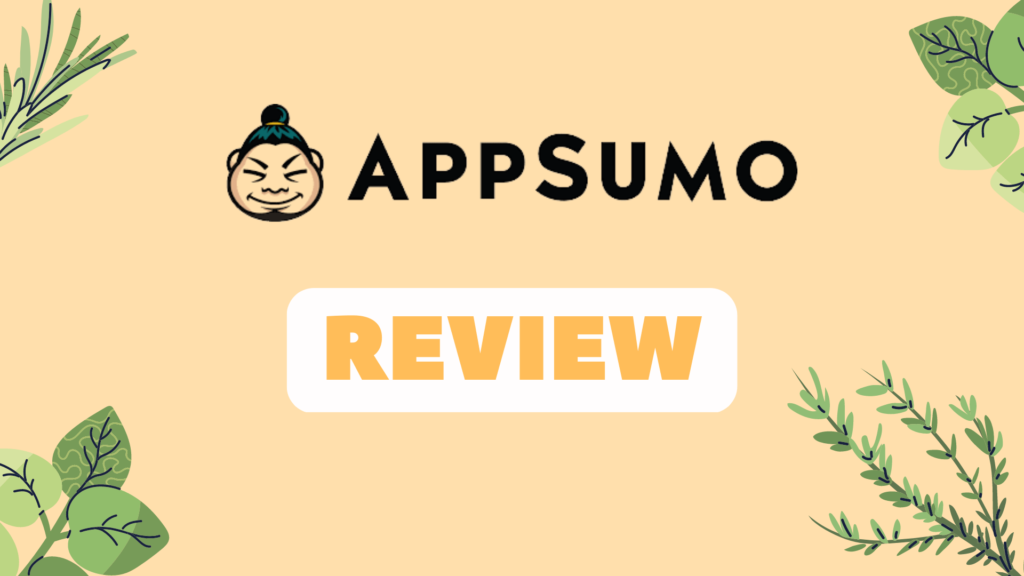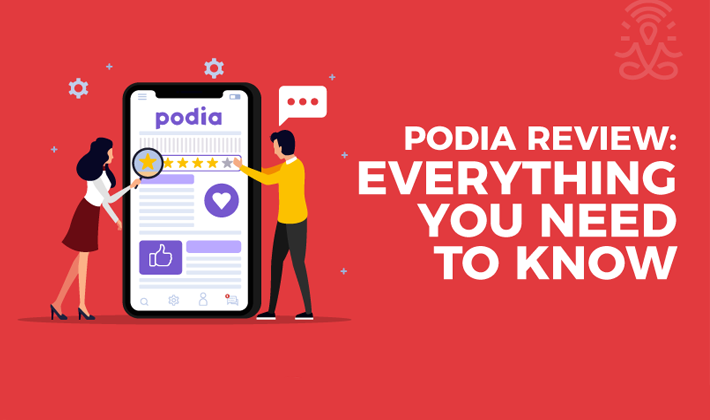

Table of Contents
What is Coursera?
Coursera is an online learning platform that offers courses, certificates, and degrees from top universities and organizations worldwide. Users can take a wide range of classes in subjects such as business, computer science, and humanities. Some classes are free to audit, while others require payment for full access to course materials and assessments.
How Does Coursera Work?
Coursera works by offering online courses, taught by instructors from top universities and organizations, to students around the world. To take a course on Coursera, users can browse the course catalog, select a course that interests them, and then enroll in the class.
Once enrolled, students have access to video lectures, readings, quizzes, and other course materials. They can also participate in discussions with other students and submit assignments for grading. Some courses on Coursera are self-paced, while others have set start and end dates.
Some courses are available for free, while others require payment for full access to course materials and assessments. Upon completion of a course, students may earn a certificate or a shareable electronic course completion certificate.
Coursera Features and Functionality
Coursera offers a variety of features and functionality to help students learn and engage with course materials:
- Video lectures: Courses on Coursera typically include video lectures that students can watch at their own pace. These lectures may be accompanied by slides, animations, and other multimedia.
- Quizzes and assessments: Many Coursera courses include quizzes and assessments to help students check their understanding of the material. These may include multiple choice, short answer, and programming questions.
- Peer-graded assignments: Some courses may include assignments that are graded by other students, in addition to being graded by the instructors. This allows for more interactive learning and engagement with other students.
- Discussions: Many Coursera courses have discussion forums where students can ask questions, share ideas, and engage with their peers. This allows students to learn from each other and to get help from other students.
- Specializations and programs: Coursera also offers multi-course specializations and degree programs which are designed to help students gain in-depth knowledge and skills in a particular subject or field.
- Mobile App: Coursera also offers mobile apps for both iOS and Android to access the courses on the go.
- Certification: Upon completion of a course, students may earn a certificate or a shareable electronic course completion certificate that can be added to their LinkedIn profile or CV.
- Financial Aid: Coursera also offers financial aid for learners who cannot afford to pay for the courses, this is called Coursera for Campus program.
What Type of Courses are Offered on Coursera?
Coursera offers a wide variety of courses in many different subject areas, including:
- Computer Science: Courses in programming, data science, artificial intelligence, and more.
- Business: Courses in management, finance, entrepreneurship, and more.
- Humanities: Courses in history, literature, philosophy, and more.
- Social Sciences: Courses in psychology, sociology, political science, and more.
- Mathematics: Courses in algebra, calculus, statistics, and more.
- Science: Courses in biology, chemistry, physics, and more.
- Health: Courses in medicine, nutrition, public health, and more.
- Personal Development: Courses in personal development, leadership, and more.
- Language: Courses in various languages like Spanish, French, Chinese, and more.
- Education and Teaching: Courses in pedagogy, curriculum development, and more.
- Engineering and Technology: Courses in electrical engineering, mechanical engineering, and more.
- Creative Arts: Courses in music, photography, graphic design and more.
In addition to the traditional courses, Coursera also offers many other types of learning opportunities such as:
- Guided Projects: Hands-on learning experiences that allow students to apply new skills to real-world projects.
- Degrees and MasterTrack Certificates: Multi-course programs that culminate in a degree or a professional certificate.
- Professional Certificates: Certificates that are designed to help students gain specific skills for a particular job or industry.
- Flexible Learning: Allows students to study at their own pace and on their own schedule.
Financial aid for those who cannot afford to pay for the courses.
How to Choose Coursera?
When choosing a course or program on Coursera, there are several things to consider:
- Topic and content: Make sure the course or program aligns with your interests and goals. You can browse Coursera’s catalog by subject to find courses and programs that match your interests.
- Instructor: Look at the instructor’s credentials and read reviews from past students to get an idea of their teaching style and the quality of the course.
- Length and schedule: Consider the time commitment required for the course or program. Some courses are self-paced, while others have set schedules and deadlines. Make sure the course fits with your schedule.
- Course format: Coursera offers a variety of course formats, including video lectures, quizzes, and peer-graded assignments. Consider which format works best for you.
- Cost: Coursera offers a mix of free and paid courses and programs. Consider your budget and whether you are willing to pay for a verified certificate or a more advanced program like a MasterTrack Certificate or an Online Degree.
- Reviews: Read reviews from past students to get an idea of the course’s content, difficulty level, and instructor’s teaching style.
- Curriculum: Make sure the course or program’s curriculum aligns with your learning goals.
By considering these factors, you can choose the right course or program on Coursera that matches your learning needs and goals.
How Does Coursera Pricing Work?
Free courses can be accessed by anyone and include video lectures, quizzes, and assignments. However, free courses do not include access to course materials such as readings and assessments, and they do not offer a certificate of completion.
Paid courses, known as “Signature Track” courses, cost money. They are the same as free courses, but with added features such as a certificate of completion and access to course materials. Additionally, some courses and programs offer a verified certificate, which is a certificate that verifies that the learner has completed the course and is awarded after the learner has completed the course and passed the assessments. Some degrees and professional certificate programs are also available which have a financial commitment and may have different pricing structure.
Coursera also offers financial aid to learners who are unable to afford the fees for the paid courses or programs. It’s worth to check the specific course or program page for more detailed information about pricing and other details.
Coursera Pros and Cons
Pros of Coursera:
- Wide range of course offerings: Coursera offers a wide variety of courses from top universities and organizations around the world.
- Convenient and flexible: Coursera allows you to learn at your own pace and on your own schedule.
- Cost-effective: Many of the courses on Coursera are free, and even the paid courses are often less expensive than traditional in-person classes.
- Access to top instructors: Coursera offers courses taught by professors from top universities and industry experts.
- Certificates of completion: Coursera offers verified certificates of completion for many of its courses, which can be useful for professional development or as proof of completion for a degree program.
Cons of Coursera:
- Limited interaction with instructors and peers: While you can ask questions and participate in forums, the interaction with instructors and peers on Coursera is generally limited compared to in-person classes.
- No credit towards a degree: While many universities accept Coursera courses as elective credit, they do not usually count towards a degree.
- Limited course availability: Not all courses are available on Coursera and some are only offered at specific times.
- Self-paced format: The self-paced format of Coursera may not be suitable for everyone and may require a lot of self-motivation to complete a course.
- Limited hands-on experience: Some courses on Coursera may not have the same level of hands-on experience as in-person classes.
FAQ
How much does Coursera cost?
Many Coursera courses are free to take, but some courses and certifications require payment. Prices for paid courses vary and can range from a few dollars to several hundred dollars.
Are Coursera courses recognized by employers?
Many employers recognize Coursera courses and certifications as a sign of professional development and learning. However, it’s always best to check with your employer to see if they accept Coursera courses as proof of education or experience.
Can I earn a degree on Coursera?
Coursera offers a selection of online degree programs, such as MasterTrack and Master degrees, as well as a selection of online degrees from universities, such as the University of London and the University of Illinois.
Can I download course materials?
Most Coursera courses include downloadable materials, such as lecture slides and readings. Some courses may also include additional resources like workbooks, assignments and quizzes.
Can I get a refund for a paid course?
Refunds for paid courses are generally not offered, but if there is an issue with a course, you can contact Coursera’s customer support for assistance.
How long does it take to complete a course on Coursera?
The time it takes to complete a course on Coursera varies depending on the course, but most courses are designed to be completed in 4-6 weeks, with a workload of 2-3 hours per week.
How does the certificate works on Coursera?
After completing a course on Coursera, you may be eligible to purchase a certificate of completion. These certificates are verified by Coursera and include your name, the course title, and the date of completion.











